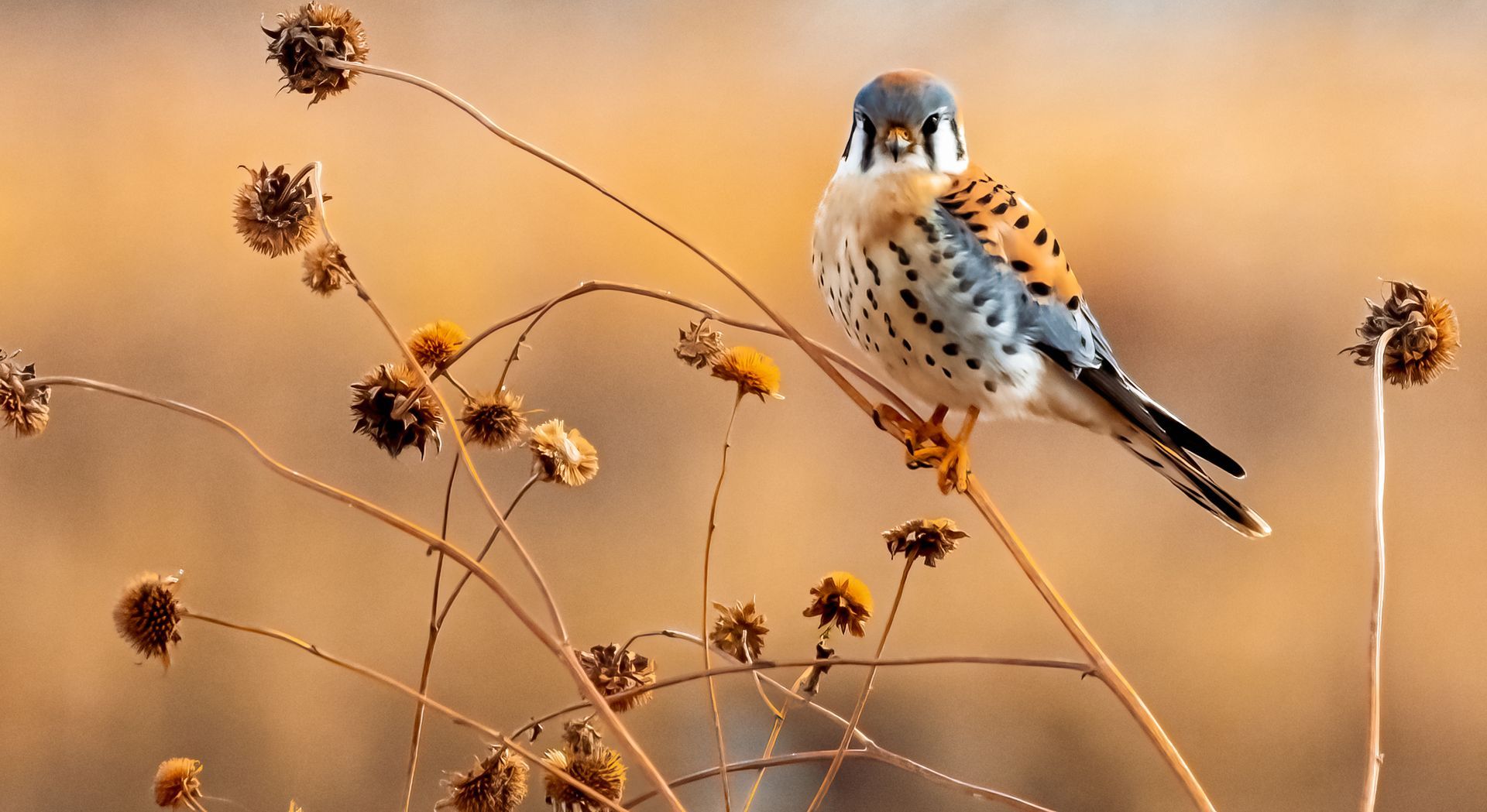RETURN: A generationally foolish idea
Every now and again you read something that seems so asinine you genuinely cannot believe it. Today, that is H.R. 8167 sponsored by Georgia Rep. Andrew Clyde (R-9).
The bill would remove the excise tax from firearms, ammunition, bows, arrows and fishing equipment. Currently, the legislation has received 58 Republican co-sponsors. None of the Michigan delegation has signed on as of July 7.
Titled the RETURN (Repealing Excise Tax on Unalienable Rights Now) our Constitutional Rights Act of 2022. Quite simply it would amend the excise taxes from Pittman-Robertson (PR) and Dingell-Johnson (DJ) for a number of items, including:
- Repeal excise tax on firearms and ammunition
- Repeal excise tax on bow and arrows
- Limit excise tax on fishing rods at a maximum of $10
- Lower the excise tax on electric outboard motors to 3% from 10%
- Lower the excise tax on tackle boxes to 3% from 10%
- Caps the Wildlife Conservation and Restoration Subaccount at $800,000,000 (for reference $1.5 billion was collected for PR in 2021)
For Michigan, this would result in a loss of some or most of our PR allocation — about $20 million annually. The PR dollars account for about a quarter of the DNR Wildlife Division budget and are used for hunter education, wildlife management and habitat restoration.
Repeal of DJ, the excise tax on fishing equipment sponsored by Michigan’s John Dingell Sr. in 1950, would result in a loss of most or some of our $11.9 million 2022 funding allocation.
The legislation also repeals some of the taxes associated with the National Firearms Act (NFA).
To offset the funding loss from PR excise taxes, the bill proposes allocating funds from the federal lease payments from currently unallocated onshore and offshore energy development. This fund is dipped into by other accounts, and the legislation still caps the fund at slightly above half of what it’s currently collecting.
This legislation, thankfully, has the combined weight of common sense and the entire conservation community against it; its passage is unlikely at best.
Even though an idea seems dead on arrival, that does not mean you should not take a stand against bad policy simply because it’s unlikely to become a reality and similarly take a stand for good policy when it shares a similar fate. Sometimes, these ideas turn into snowballs that can later compound or be even harder to tamp down.
So, let’s call this legislation what it is: A generationally foolish idea.
There are things you can do to fight attacks on conservation like this. You can sign up for text alerts from Michigan United Conservation Clubs (MUCC) policy action center. When it’s time to sound the alarm, you will get a text with instructions on how to take action.
The link can be found here . Sign up, make sure both boxes are checked, and respond to the automated text with YES and you’re done.
MUCC will continue to be a watchdog both in Michigan and in Congress and call on our members when it is necessary to take action.
To ensure our natural resources remain protected and managed thoughtfully in perpetuity, join Michigan United Conservation Clubs today: http://bit.ly/JoinMUCC .
The post RETURN: A generationally foolish idea appeared first on Michigan United Conservation Clubs.



